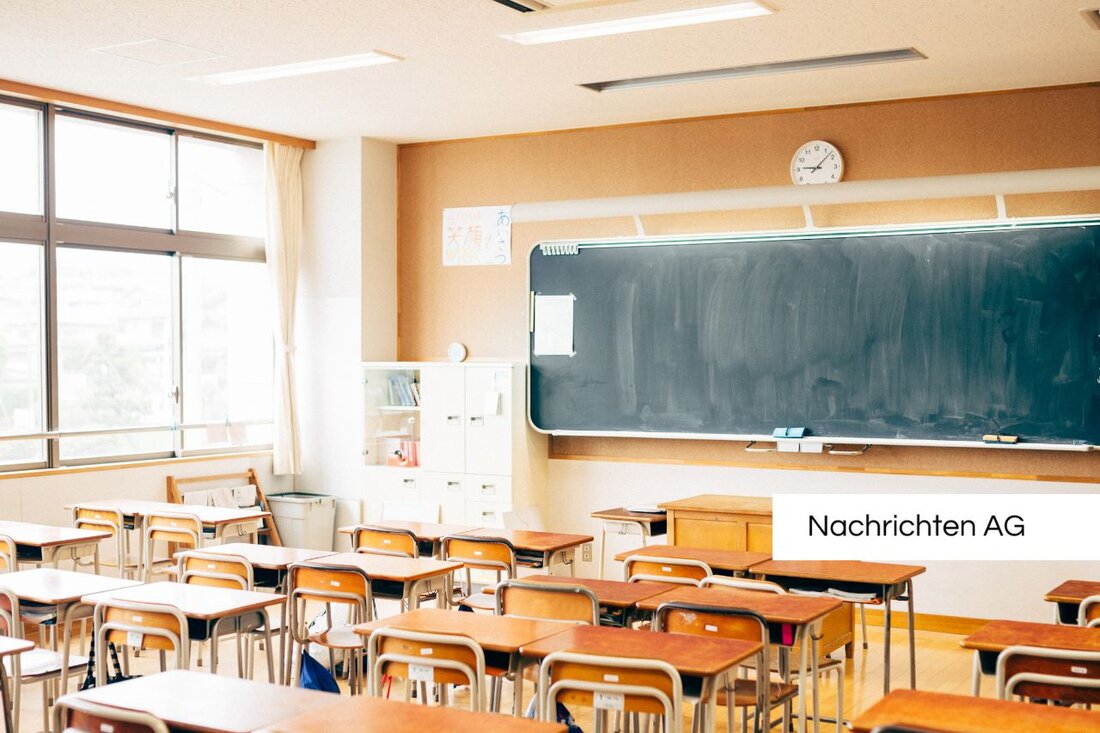Alarming: 76,000 children in Austria cannot swim!
Alarming: 76,000 children in Austria cannot swim!
A current survey of the sports and leisure security department in the KFV shows worrying trends regarding the swimming skills of children and adolescents in Austria. According to the study, 10- to 14-year-olds have significantly poorer swimming skills than in previous years. This is mainly due to the pandeme -related failures of swimming courses, which have noticeable consequences, especially in this age group. Around 76,000 children and adolescents can only swim unsafe, which makes KFV warn of serious risks.
A significant factor for the inadequate swimming skills lies in the lack of school swimming lessons: 17 percent of the parents report that their children could not take part in swimming lessons at school. In addition, a lack of infrastructure and little family swimming experience contribute to the problem. Despite an increase in access to swimming pools and swimming lakes from 7 % in the previous year to 10 % this year, the challenge remains to get safe swimmers. Johanna Trauner-Karner, head of the sports and leisure safety area in the KFV, emphasizes the need for regular practice and refreshment of swimming skills to counteract this trend.
risk factors and drowning statistics
The financial background of the families also play a role: people with poorer income conditions provide a larger proportion of unsafe to mediocre swimmers and non -swimmers. This development has alarming consequences. According to statistics Austria, a total of 333 people in Austria drowned in lakes, swimming pools and pools between 2014 and 2023, including 34 children and adolescents aged 5 to 19 years.
swimming skills in comparison
The DLRG also points out that many parents incorrectly believe that their child can swim safely if the seahorse has put it. This badge only certifies the control of basics in swimming, while safe swimming requires the free swimmer badge (swimming badge bronze). It is estimated that 58 percent of the children are not a safe swimmer at the end of primary school, which underlines the urgency of measures to improve swimming skills.
Overall, it becomes clear that the swimming skills in Austria have to be improved in order to prevent tragic accidents and drowns. There are clear demands for an intensification of swimming lessons in schools and an expansion of funded swimming courses in leisure time to give all children the opportunity to learn swimming and strengthen their skills.
| Details | |
|---|---|
| Ort | Österreich |
| Quellen | |


Kommentare (0)